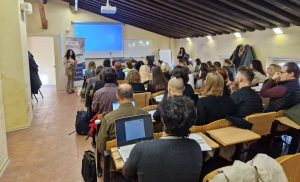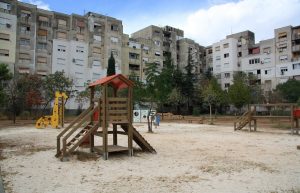IPS_Innovative Prison Systems is committed to developing training materials and tools to support European education professionals in countering early vulnerabilities to radicalisation in young people.
As political polarisation and radicalisation rise in Europe, educational and social practitioners need holistic and inclusive toolsets to meet the challenges of working with youth.
In the vision of CEDAR Project (Continuing Education Against Radicalisation), of which IPS is a partner, enhancing integration efforts in educational settings can be crucial for early radicalisation prevention.
Positive relationships with teachers, educational technicians, psychologists, sociocultural animators, or other figures in the surrounding community can develop strong and supportive bonds. This support network has the potential to identify and prevent radicalisation processes and extremist viewpoints.
However, practitioners working with youth often lack the tools to recognise and act upon early warning signs.
Holistically capacitating professionals working with youth
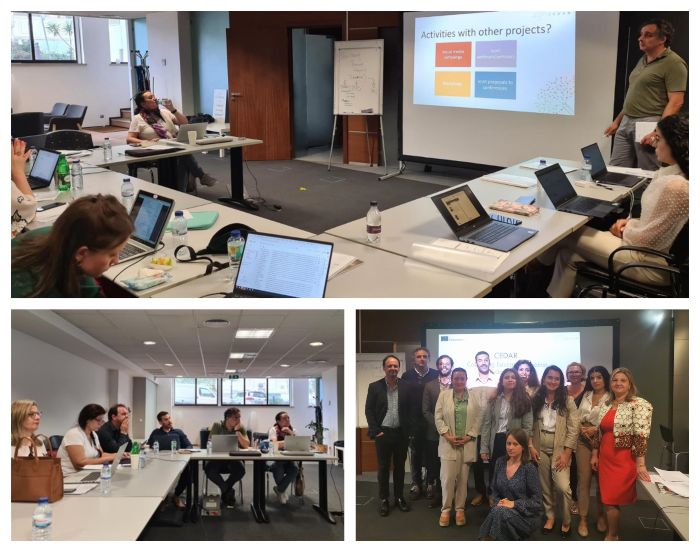
These developments were at the core of CEDAR project’s transnational meeting held on the 30th and 31st of May, 2022, at the IPS_Innovative Prison Systems offices in Lisbon, Portugal.
Know more about this project
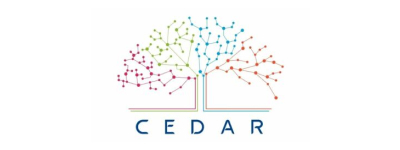
CEDAR
Continuing Education Against Radicalisation
The CEDAR project is led by the National Conservatory of Arts and Crafts (France) and partnered by IPS_Innovative Prison Systems (Portugal), University Rey Juan Carlos (Spain), the Salzburg University of Applied Sciences (Austria), the School with Class Foundation (Poland) and the University of Toulouse Jean Jaurès (France).
For more information about the CEDAR project, visit the project page and its LinkedIn page.
Related projects

EUTEx
Developing a European framework for disengagement and reintegration of extremist offenders and radicalised individuals in prison
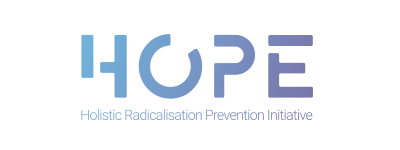
HOPE
Holistic Radicalisation Prevention Initiative (Balkan countries)

IN2PREV
Law enforcement and community cooperation and training approach to prevent radicalisation by ensuring refugees’ successful inclusion
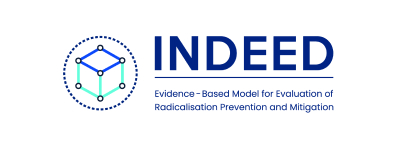
INDEED
Strengthening a comprehensive approach to preventing and counteracting radicalisation based on a universal evidence-based model for evaluation of radicalisation prevention and mitigation

INTEGRA
Integrated Community, Probation and Prison Services Radicalisation Prevention Approach

MIRAD
Multi-Ideological Radicalisation Assessment towards Disengagement

PARTES
Participatory Approaches to Protecting Places of Worship

PRACTICIES
Partnership against Radicalisation in Cities

R2COM
Radicalisation and violent extremism prevention in the community
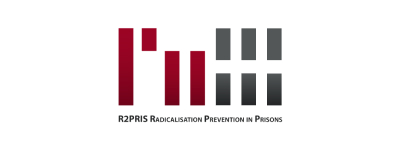
R2PRIS
Radicalisation Prevention in Prisons
Related news
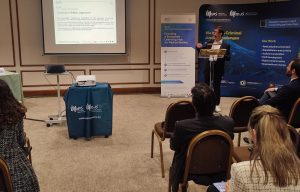
International conference unveils comprehensive strategies to tackle radicalisation in the criminal justice system and beyond
Read More »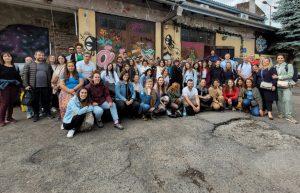
Youth radicalisation prevention in polarised societies: Empowering practitioners through training
Read More »
Empowering Criminal Justice Professionals: The Train-the-Trainer Initiative for Skills Sharing and Capacity Building
Read More »
